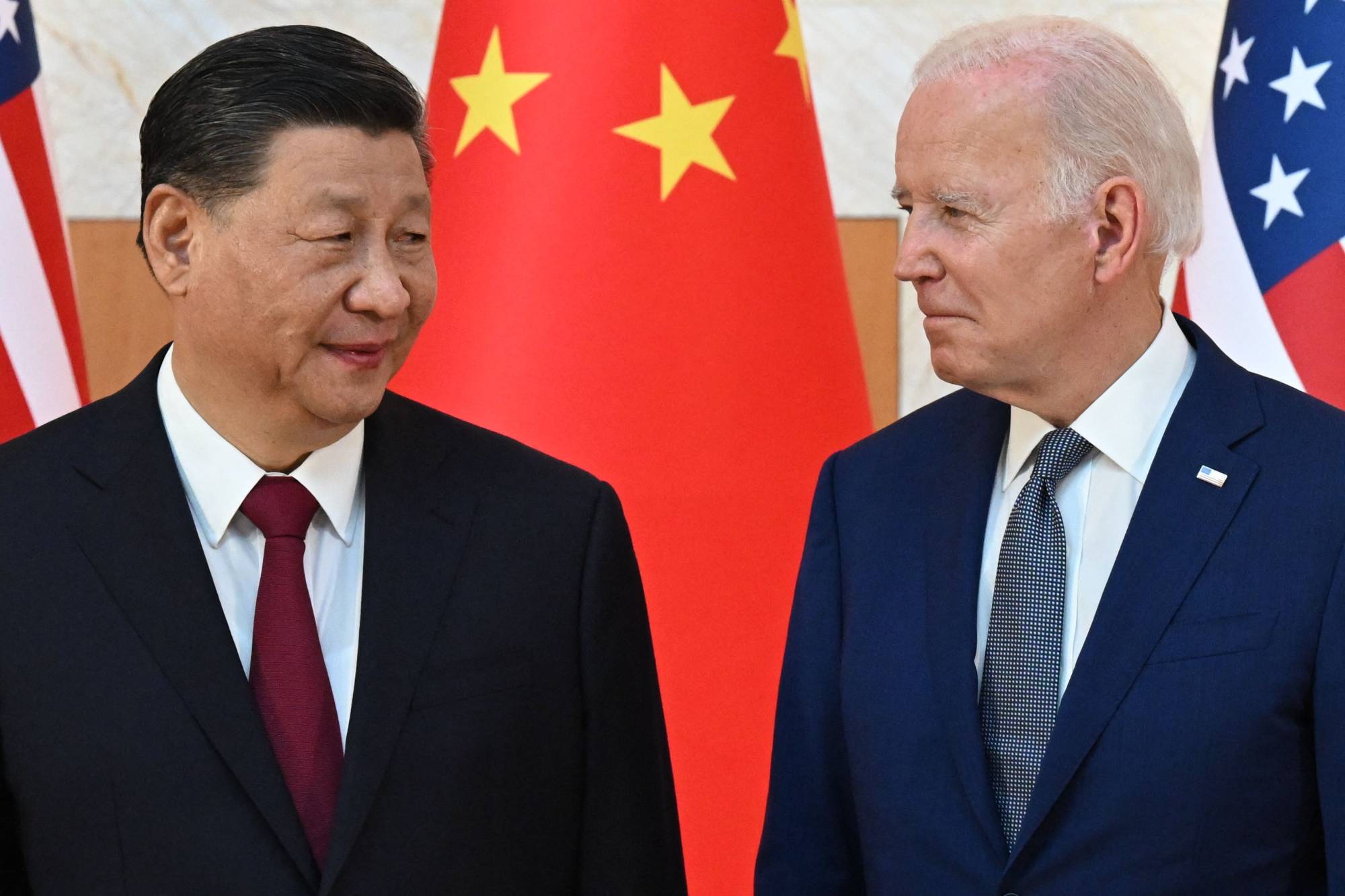The administration of U.S. President Joe Biden is reacting cautiously to protests erupting in China over Beijing’s "COVID-zero” lockdowns, just two weeks after the Biden and Chinese President Xi Jinping agreed to ease strained relations between their countries.
John Kirby, a spokesman for the White House National Security Council, told reporters Monday that Biden has been briefed on the demonstrations and that U.S. officials are "going to watch this closely.”
But he did not directly criticize Xi or the Chinese government for its handling of protests. Beijing has sought to suppress the unrest with a massive deployment of police across the country.


















With your current subscription plan you can comment on stories. However, before writing your first comment, please create a display name in the Profile section of your subscriber account page.